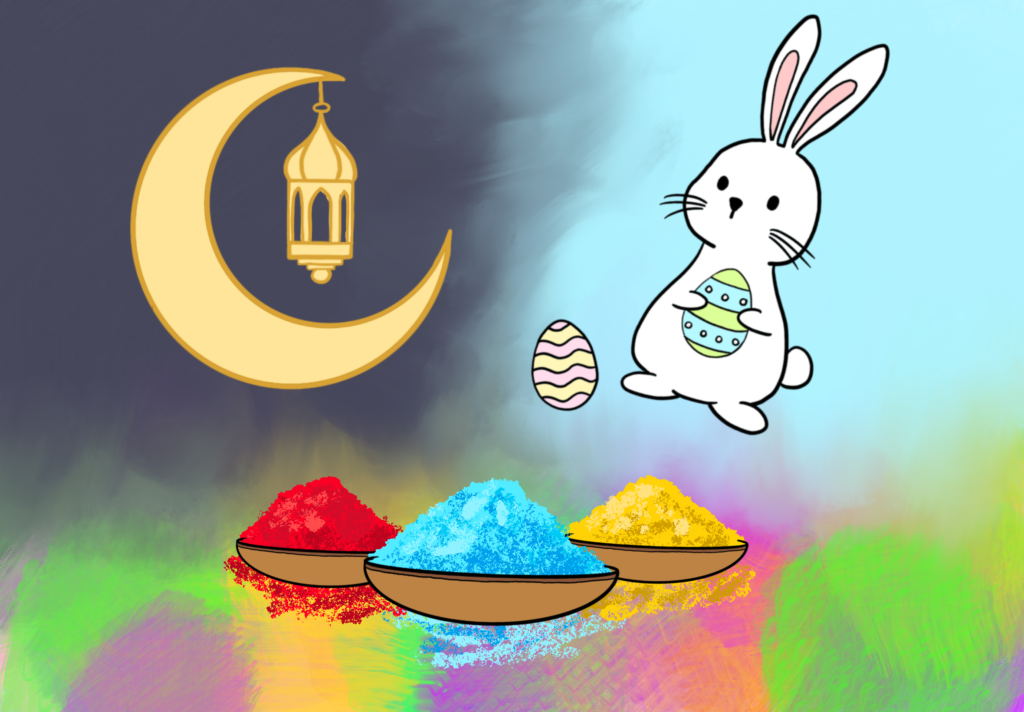Since its introduction at form meetings in early December, a new HPRSS signature program has sparked student interest around campus. For the first time, students with a particular interest in government, political science, and public service will have the opportunity to specialize and consolidate their work in these areas, much in the same way the Arts Concentration Program, Science Research Program, Arabic and Middle Eastern Studies Program, and Environmental Immersion Program are instrumental in guiding students in their respective areas of interest.
The John F. Kennedy Program in Government and Public Service includes several related courses (some required, others elective), an off-campus public service internship opportunity, summer reading about President Kennedy, weekly tutorials in the winter term of the senior year, and a culminating TED-esque Talk to be shared with the community in the spring term of the student’s senior year. The program will accept eight to twelve students each year.
The idea for this signature program was initially developed by Mr. Zach Goodyear, a former HPRSS faculty member at Choate. Ms. Amy Foster, the HPRSS Department Head, explained, “Mr. Goodyear was the person who really started Choate’s government course, as well as political science. He had an idea for something like this, and then the person who really brought it forward and put it together was Ned Gallagher.” Mr. Gallagher is a longtime English and history teacher at Choate, and also the former Director of Athletics. (He is currently on sabbatical.)
Ms. Foster has high hopes for the program. “I have received emails from quite a number of students who have expressed interest, had questions, and wanted to know where the application was found on the portal, so I think there is a lot of interest. I am hoping that we can really identify exciting internship opportunities for the students. I want them to feel positive about the experience, and like they have gotten an opportunity to do something beyond just taking their normal classes.”
The internships can be completed during the summer after the student’s junior year or during the winter or spring break of the student’s junior year. Some examples of internship possibilities include volunteering for a campaign or interning for a non-profit organization that looks at public policy, education policy, immigration policy, or economic policy, to name a few categories.
“We have a lot of students who’ve taken a group of courses that would fill these requirements. These are areas that a lot of students are interested in. This program helps pull together those courses into more of a program and enables students to see the connection between the courses, to do an internship to pursue a particular interest for them, and then experience the tutorial the senior year where it’s intensive writing, discussion, and debate. It really brings together threads from a lot of these different disciplines,” explained Ms. Foster.
The senior winter tutorials will be weekly meetings of small groups of two to three students, which will include a series of questions they will be tackling throughout the term. The students will write a paper once every two weeks, engaging one of these questions. “The tutorial is really to discuss and debate the different pieces that the student brought to that question,” said Ms. Foster.
Dr. Katie Jewett, Choate’s Director of Curricular Initiatives, explained that the approval of the signature program was a part of “continuing to evolve the curriculum to meet and even anticipate the needs of the students. We always want to make sure there are opportunities for students who have different interests. It also seemed to make sense that this celebrated a very well respected alumnus that we have, to be a part of something that’s in our curriculum.”
She continued, “Every year, we look at all the courses we have to offer, deciding which have passed their time and should no longer be offered, and which should be added in. So, really, our curriculum is very much a living, breathing, moving, evolving, entity. The department heads, Director of Studies, and Dean of Faculty all work together in making decisions about signature programs to ask the question, ‘What kinds of skills and content does it give to students that they might not get from simply taking the courses in our curriculum?’”
Ms. Foster commented, “I think that the purpose of signature programs is to provide an opportunity for students with a particular interest to really dig deeply into that area. It’s nice, if they do that, for them to have that acknowledged in a signature program. We had a lot of students doing this kind of thing already, but they didn’t have a program that helped them pull it together or give them credit for doing that.”


